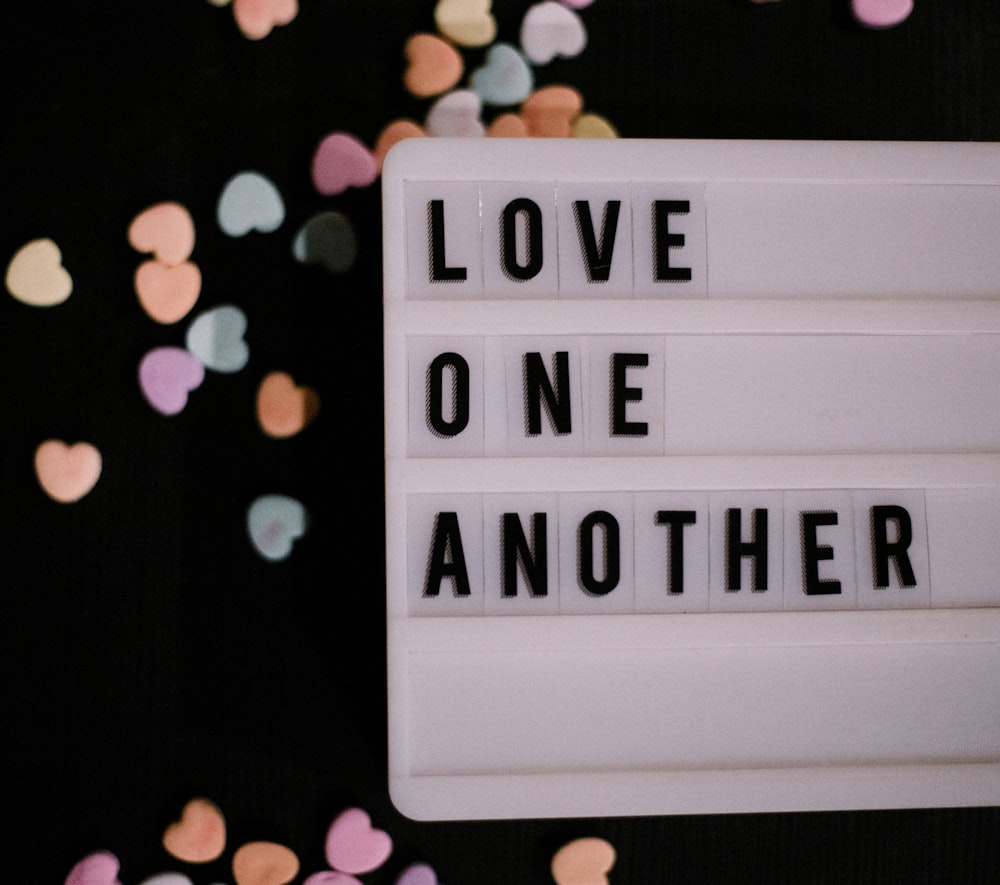Katie and I recently did a message on 1 Corinthians 13 in our series Fully Charged.
It is one of the most well-known passages in the bible. It’s read at most weddings, but what is it telling us? On the one hand, it is about relationships with other people. What it looks like to relate, to have a healthy marriage, friendship, or family. It also shows us what God’s love for us is like. We see a picture of a Father in heaven who loves us in a way that is hard to fathom. But it is also about what spiritual maturity looks like. In the context, Paul says we could have all kinds of gifts, but if we don’t have love, what do we have?
I think this passage is especially important in the world we live in, where we are sheltering in place, spending more time with our family, and missing some of the community that we have built.
Dave Willis said, “We are facing a defining time for marriages. No couple will emerge from this the same as they were before. You’ll either emerge from this crisis stronger by leaning on each other or weaker by fighting with each other.” and I think that’s true.
So what does it look like to have a healthy relationship in quarantine? Paul lists out what love is and is not.
We’ve already seen that love is patient and kind, and that love does not envy, boast, it is not prideful, dishonoring of others or self-seeking.
But two things that can destroy any relationship and they show up in most relationships is anger and being historical.
Anger is connected to patience. We get angry; however, that plays out for us when our spouse or the other person in the relationship makes us wait. They fall behind, make a mistake, don’t do what we want when we want it.
Love isn’t easily angered. It takes a deep breath; it doesn’t lash out, mentally, verbally, emotionally, and especially physically.
Yet, do you know who we are the harshest within relationships? Do you know who we say the worst things too? Those closest to us. Many of us will say something to those closest to us: our spouse, kids, parent, in-laws that we would never say to someone else. That isn’t loving. Yes, you are comfortable, but that isn’t showing them love and isn’t loving them the way God loves you.
As an 8 on the enneagram, anger is my go-to emotion. And for most men, it is the only acceptable emotion, but anger often covers over our feelings of shame, fear, and vulnerability.
I know for me, the moments I feel most vulnerable with Katie, I try to cover it up with anger. I try to hide. I’ve had to learn to ask myself, “What is my anger showing me?” That is an uncomfortable question for sure, but one that is revealing and tells me a lot. Because our feelings tell us something, and we must dig into what it is telling us.
One way that anger shows up, especially in marriages (but any relationship), is through being historical.
You’ve probably seen this. Maybe in the house, you grew up in, a friend relationship, or even your own.
Where you keep score, who cleans up the most? Who takes the trash out? Who does what and how often they do it. Many times, we do this because we feel like we are being taken advantage of, but instead of having that conversation, we lash out in anger.
The reality is, no relationship or marriage is 50/50. Who does more than another may change based on health, life stage, and age, needs of other family members or jobs, or school.
In many relationships, though, there is a giver and a taker. If this isn’t faced and dealt with, it can cause real pain. I’m the taker in our relationship, and Katie is the giver. In the first half of our marriage, this caused immense pain for her because of my selfishness. It was difficult for me to face it, deal with it, where it came from, and how it was affecting her and our marriage. Now, we haven’t switched roles because it is more natural for me to take, but by God’s grace, I have grown in my giving as well. And she has grown in her ability to say what she needs, which is has been an enormous blessing.







